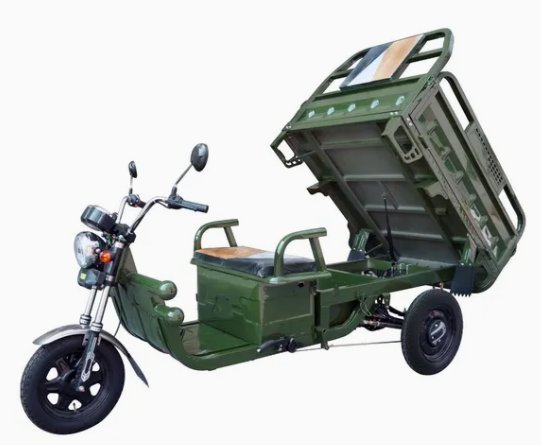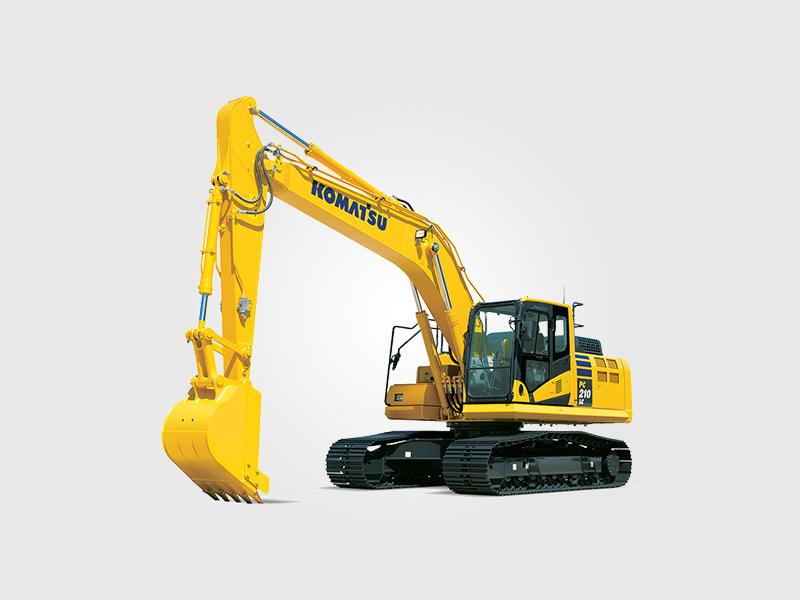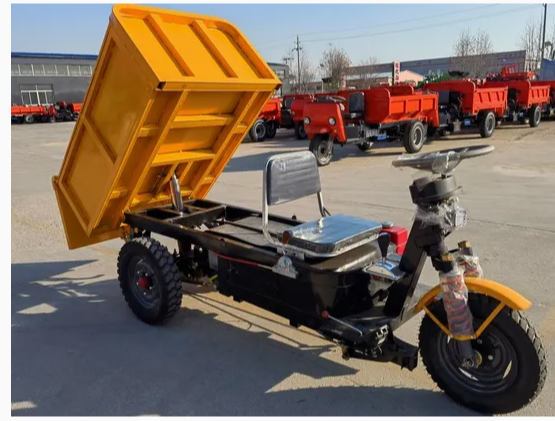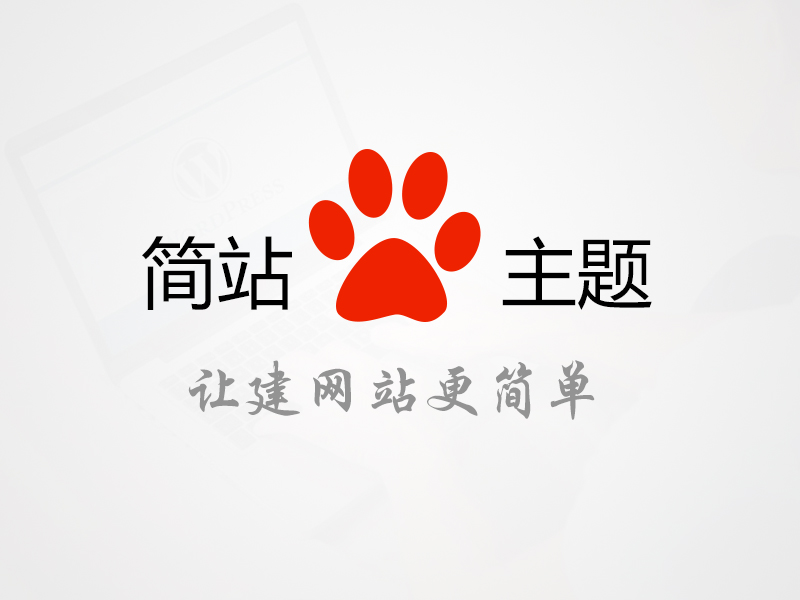Key competitors in the Global Electric Cargo Three Wheeler Market
News 2022-06-14
Who are the key competitors in the Global Electric Cargo Three Wheeler Market?Some of the notable players operating in the global electric cargo three wheeler market include Mahindra Electric, Piaggio, Altigreen Propulsion Labs, Arcimoto, Evoke Motorcycles, Urban Drvline, and Jiangsu Changzhou Beiben Special Vehicle.

Global Electric Cargo Three-Wheeler Market: Key Competitors and Competitive Landscape
The global electric cargo three growth in recent years, driven by urbanization, environmental concerns, and the need for cost-effective logistics solutions. As the industry expands, competition among key players intensifies, with regional dynamics and technological innovation shaping the market hierarchy. This article delves into the competitive landscape, highlighting dominant players, regional market characteristics, and strategic trends that define the sector.
Regional Market Dynamics and Core Competitors
1. Asia-Pacific: The Epicenter of Demand and Innovation
The Asia-Pacific region, particularly China, India, and Southeast Asia, accounts for over 70% of the global electric cargo three-wheeler market. This dominance stems from dense urban populations, government incentives for electric vehicles (EVs), and the prevalence of small-scale logistics businesses.
- China:Chinese manufacturers like Jinpeng Group and Zongshen Electric Vehicle lead the market with vertically integrated supply chains and aggressive pricing strategies. Jinpeng, for instance, holds approximately 25% of China’s domestic market share, leveraging its expertise in battery technology and extensive dealership networks. The company’s “Green Delivery” series, designed for last-mile logistics, has become a benchmark in urban cargo transport.
- India:India’s market is characterized by a mix of established automakers and emerging EV startups. Atul Auto and **Bajaj Auto models, capturing nearly 30% of the national market. Startups like Euler Motors and Altigreen are gaining traction through customized solutions, such as modular cargo bays and swappable battery systems tailored for e-commerce giants like Amazon and Flipkart.
- Southeast Asia:In Indonesia and Thailand, local players like Viar Motor and TAILG compete with Japanese brands by offering rugged, weather-resistant models suited for tropical climates countries have further accelerated adoption among small businesses.
2. Europe: Focus on Sustainability and Premium Solutions
Europe’s electric cargo three-wheeler market, though smaller in volume, is driven by stringent emission regulations and a push for sustainable urban mobility. Key players include:
- Piaggio Group (Italy): Known for its iconic Ape Elektro model, Piaggio combines retro design with modern lithium-ion batteries, targeting eco-conscious delivery fleets in cities like Paris and Berlin.
- TukTuk Factory (Netherlands): This startup specializes in solar-assisted three-wheelers, emphasizing zero-emission logistics for “green zones” in urban centers.
- Volta Trucks (Sweden): While primarily an electric truck manufacturer, Volta’s recent entry into the compact cargo segment has disrupted the market with AI-driven route optimization features.
European competitors differentiate themselves through technology partnerships—for example, integrating telematics systems with DHL and UPS logistics networks.
3. North America: Niche Markets and Emerging Players
The U.S. and Canadian markets, fueled by last-mile delivery demands from companies like FedEx and Uber Eats. Notable participants include:
- Polaris Inc.: Its GEM division offers compact electric trikes for campus logistics and municipal services.
- Arcimoto: Known for its ultra-narrow “Deliverator” model, optimized for crowded urban streets.
- Mahindra Electric (India-based but expanding in North America): Collaborates with local startups to adapt its Treo Zor cargo trike for cold-weather performance.
North American consumers prioritize safety certifications and after-sales service, creating barriers for low-cost imports.
4. Japan and South Korea: Technological Leadership
Japanese and Korean firms focus on high-efficiency motors and autonomous driving capabilities. Yamaha Motor and Hyundai Mobis have piloted self-driving cargo three-wheelers in partnership with robotics companies. Their models, though premium-priced, target high-value sectors like pharmaceutical and precision manufacturing logistics.
Competitive Strategies and Market Differentiation
The electric cargo three-wheeler market is highly fragmented, with companies adopting diverse strategies to carve out niches:
- Cost Leadership: Chinese and Indian manufacturers prioritize economies of scale, offering basic models at $2,000–$4,000 per unit. This approach dominates price-sensitive markets in Africa and South Asia.
- Technology Innovation: European and Japanese players invest in R&D for battery density, autonomous navigation, and IoT integration. For instance, Piaggio’s Ape Elektro now features real-time load monitoring via cloud platforms.
- Localization: Regional customization is critical. In India, Euler Motors added tamper-proof locks to cargo bays after feedback from delivery by 40%.
- Sustainability Branding: Companies like TukTuk Factory emphasize carbon-neutral production cycles, appealing to corporate ESG goals.
Future
By 2030, the market is expectedakers acquiring niche startups. Simultaneously, cross-border collaborations—such as Chinese battery suppliers partnering with European OEMs—will blur traditional competitive boundaries. Regulatory shifts, and the EU’s proposed ban on fossil-fuel logistics vehicles by 2035, will further reshape the landscape.
In this evolving arena, agility and adaptability are paramount. Companies that balance cost efficiency with technological sophistication—while addressing hyper-local needs—will emerge as leaders in the global electric cargo three-wheeler revolution.
Key Takeaway: The battle for dominance isn’t just about vehicles; it’s about creating ecosystems—battery swapping networks, AI-driven logistics platforms, and partnerships that turn three-wheelers into smart, sustainable mobility solutions.



